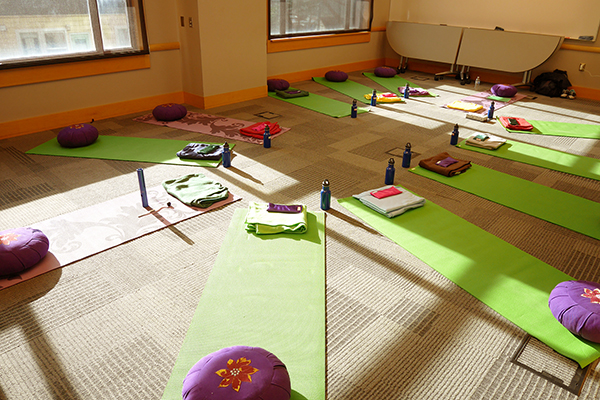Investigators Deliver Neuroscience-Based Mindfulness Interventions During the COVID-19 Pandemic

During the COVID-19 pandemic, social distancing, home confinement, economic challenges, and COVID-19-related illness and deaths significantly impacted mental health in youth. In order to reduce anxiety, scientists used a neuroscience-based mindfulness intervention called Training for Awareness, Resilience, and Action (TARA) to reduce anxiety and depression in adolescents.
Scientists at UC San Francisco led by Olga Tymofiyeva, PhD, associate professor and principal investigator in the BrainChange lab, conducted an individually randomized waitlist-controlled trial (RCT) with two objectives. The first was to test the feasibility of TARA, delivered partially over Zoom. The second was to assess changes in the emotional wellbeing in healthy adolescents between the ages of 14-18 years old during the pandemic.
First, the team of investigators randomized 21 healthy adolescents to the TARA intervention or to the waitlist control group just before the start of the pandemic. Next, the TARA group intervention was delivered in person for the first five sessions and remotely over Zoom for the remaining seven sessions based on the pandemic. After that, the participants' acceptability of TARA was assessed weekly using the Child Session Rating Scale (CSRS).
 "The primary outcome was the emotional wellbeing measured using emotional symptoms subscale of the Strengths and Difficulties Questionnaire (SDQ) pre and post-TARA," shares Dr. Tymofiyeva. "We also explored weekly changes in TARA participants' wellbeing using the Child Outcome Rating Scale (CORS)."
"The primary outcome was the emotional wellbeing measured using emotional symptoms subscale of the Strengths and Difficulties Questionnaire (SDQ) pre and post-TARA," shares Dr. Tymofiyeva. "We also explored weekly changes in TARA participants' wellbeing using the Child Outcome Rating Scale (CORS)."
Findings were published in Frontiers in Psychiatry.
"Our results support the feasibility of TARA delivered over Zoom. While our primary outcome did not provide support for the improvement of the emotional wellbeing with TARA compared to a passive control group, our exploratory analysis in the intervention group indicated an improved functioning over the weeks of TARA training," concluded the team.
"Overall, the important general positive impact of this study lies in the possibility of offering a neuroscience-based mindfulness intervention remotely to youth living in remote areas and for all youth during pandemic times," says Dr. Tymofiyeva.
Additional collaborators on this study include Eva Henje Blom, MD, PhD, associate professor, senior consultant (attending) physician at the Ume University Department of Clinical Sciences and creator of TARA; Tony Yang, MD, PhD, co-principal investigator (PI) of the BrainChange lab; Benjamin Sipes, MS, Angela Jakary, BA and Kendall Parks, BA, BrainChange lab alumni.
